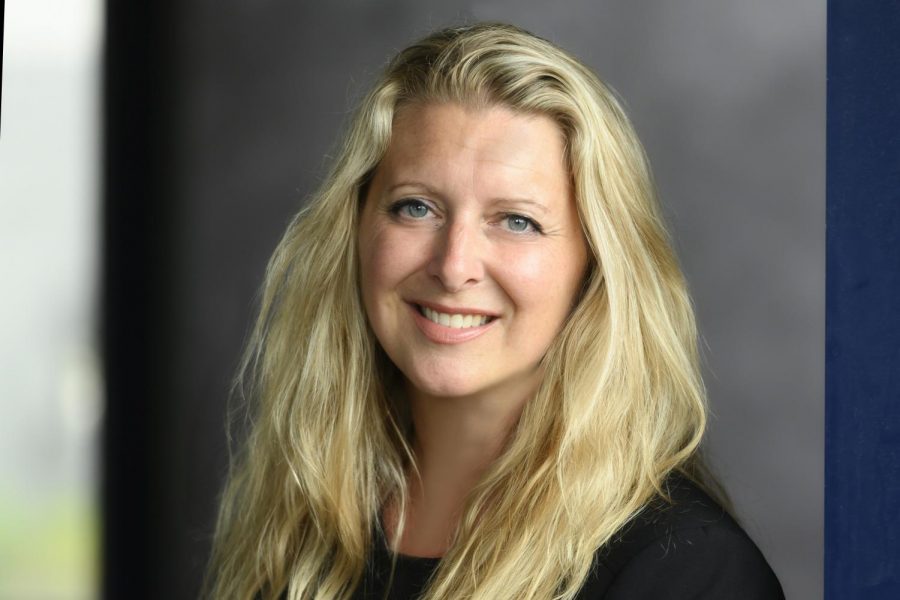The University of Minnesota recently entered a partnership designed to further advance health sciences higher education and strengthen the healthcare workforce in Afghanistan over a five-year period.
The program, Advancing Higher Education for Afghanistan’s Development (AHEAD), will work to combat the limited access to higher education caused by ongoing conflict in Afghanistan. Supported by a $4 million contract from the United States Agency for International Development, the University will work to develop curricula, improve research capacities and train faculty and students in the health sciences at seven colleges in the country.
This new contract builds on past collaborations between the University and colleges in Afghanistan. The work on this project is ongoing and will likely extend beyond the five year period outlined in the partnership, said Dr. Carolyn Porta, a University professor of nursing and principal investigator on AHEAD.
“Money and human resources have been invested for many years in Afghanistan [since the Taliban fell in 2001.] Despite ongoing violence and insecurity, there is global commitment to supporting economic development and the higher education system because it is the higher education system in Afghanistan that is contributing to future generations of the Afghan workforce,” Porta said.
The University, selected by the Afghanistan government for its experience and success in the health sciences field, will specifically work to further higher education in disciplines like nursing, pharmacology and medicine.
Due to ongoing conflict in the country, access to higher education in these areas has decreased, especially for women and populations that have historically not had access, said Dr. Stephen Wiesner, a University professor of medical laboratory sciences and collaborator on the project.
This limited access to higher education then decreases the number of workers in healthcare industries, Wiesner said.
“During some periods of time, the government was openly hostile to education. That has really had a tremendous impact on the ability for them to provide qualified, educated people that will contribute to the health of the nation’s population,” Wiesner said.
The collaboration will help to enhance skills and techniques needed for hospital-based medical education, said Dr. Karimullah Shahpar, dean of Allied Health Sciences Faculty at the Kabul University of Medical Sciences in an email to the Minnesota Daily.
Currently, some individuals living in Afghanistan with complicated medical cases travel to neighboring countries like Iran, Pakistan and India to receive treatment. This costs millions of dollars and negatively impacts Afghanistan’s medical industry, Shahpar said.
“Through this partnership, if doctors, laboratory technicians, anesthetists, nurses and midwives are able to apply new and modern procedures, the number of patients who have to go to nearby countries for curative purposes would be decreased and their income would not be spent in medical tourism,” he said in the email.
Faculty like Porta and Wiesner will collaborate with the universities in Afghanistan to develop curricula and create research opportunities through specialized training sessions and meetings.
“We dig into the content of each of the courses to make sure what is being taught is relevant, and that there are no gaps or missing subjects,” Wiesner said. “It’s really a challenge in health sciences because new things are happening every day and new things are happening far more rapidly than current practice is evolving.”
Due to the COVID-19 pandemic and ongoing violence in Afghanistan, faculty from the University are not planning on traveling to Afghanistan in the near future, Wiesner said. In the past, project leaders have met in India to work on the project in real-time.
The partnership will also work to address the barriers some students face in entering into higher education through looking at institutional policies and how access can be improved, Porta said.
“I don’t pretend to think that we are coming in to help solve a barrier problem that’s been around for maybe 20, 30, 50 or 1,000 years,” Porta said. “As a partner, I’m super interested in asking the question of, ‘What are you trying to accomplish and how can we come alongside to help you in that journey?’”



















